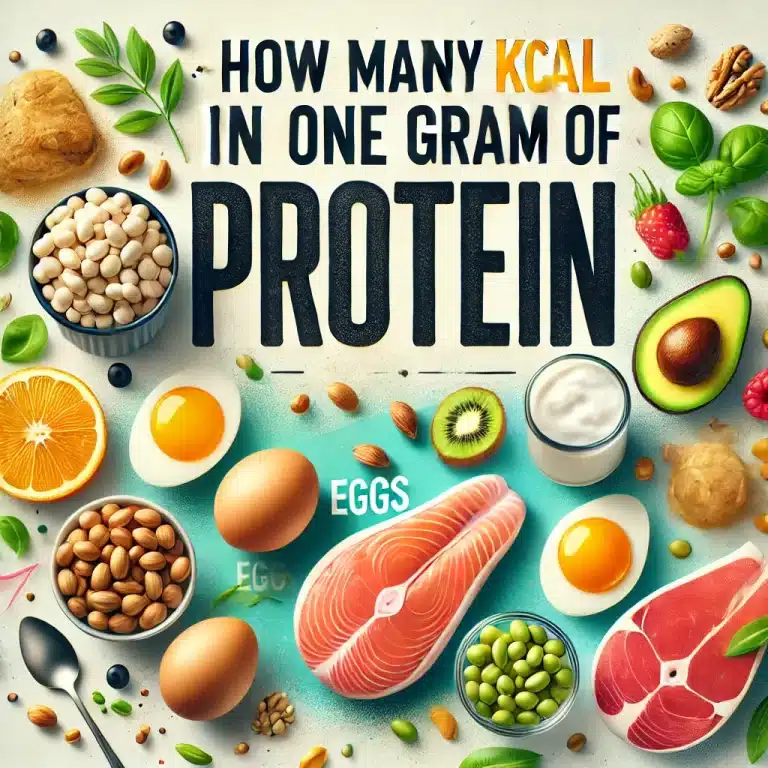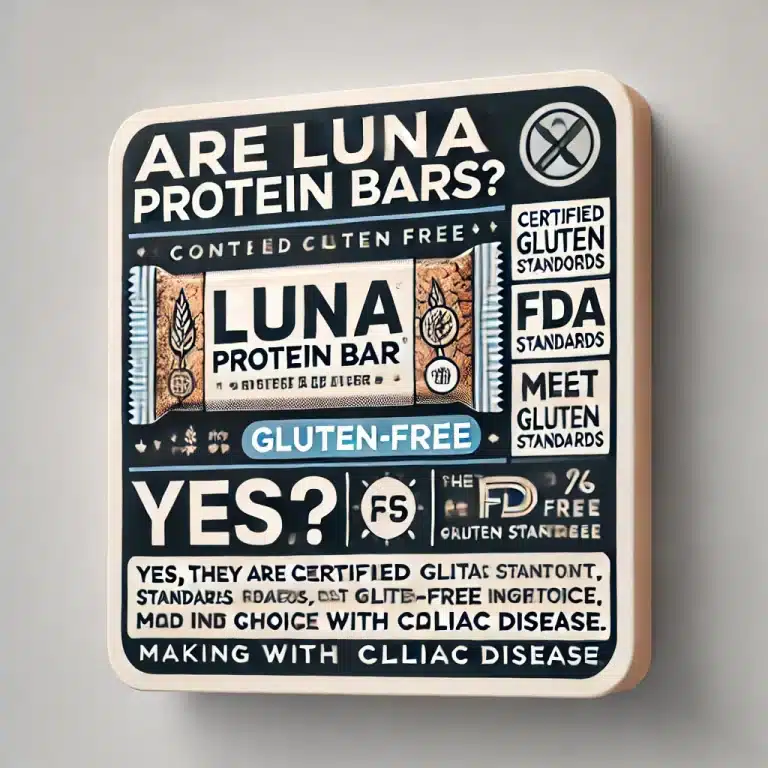How Many Calories Does It Take To Gain A Pound?
Today, we’re going to be covering a topic that’s a little unusual from most fitness topics out there, because today we’re looking at how many calories does it take to gain a pound?
That’s right, we’re looking at weight gain, rather than weight loss.
When people talk about gaining weight, generally they talk about it in a negative sense. Gaining weight is seen by most people as a bad thing, and for good reason.
Obesity has been linked with all manner of health issues and it is a problem plaguing the developed world. There is, however, a difference between gaining too much body fat and gaining weight.
While most people out there struggle to lose weight and gain it far too easily, there are some people who need to gain weight instead.
Whether it’s for health purposes, for bodybuilding purposes, for strength purposes, or to gain weight for a sporting event, there are plenty of instances where people need to gain weight rather than lose it.
But what are the best and safest ways to go about gaining weight?
Why Do People Try To Gain Weight?
Before we look at the best ways of gaining weight, and indeed, We first need to understand why people may need, or choose, to gain weight in the first place.
Different people have different goals, and different circumstances, which is why we need to understand why they may wish to gain weight. Here are a few common examples:
For Bodybuilding
One of the most common reasons for people choosing to gain weight and knowingly going out of their way to get heavier is for bodybuilding purposes.
Typically, bodybuilders will bulk up and then cut down before a contest or photoshoot.
During the off-season when they are months, or even years, away from competing on stage or taking part in a photoshoot, they will increase their calorie consumption and will eat large amounts of protein to get bigger.
To build muscle, you need to consume more calories than your body needs for maintenance.
This means that you need to create a calorie surplus. This will allow you to build muscle through weight training, though you will also gain some fat as well.
Once a bodybuilder has gotten as big as they can, they then begin stripping away the excess fat and water weight that they gained by dieting down, doing cardio, and restricting their fluids.
The goal here is to lose as much fat as possible while preserving as much muscle mass as possible.
For Health Purposes
When we talk about gaining weight, usually it is seen as a bad thing, as carrying excess weight can be bad for your health. This is all well and good for people who are a healthy weight to begin with, but what about underweight people?
Being underweight can be just as dangerous for your body as being overweight.
It can sap your energy, leave you feeling drained, affect your hormones, affect your vitamin and nutrient uptake, and even put a strain on your organs, all while weakening your immune system as well.
This is why gaining weight can be beneficial.
For people who are underweight and malnourished, whether it be through an eating disorder, an illness, or anything else, gaining weight can be considered extremely beneficial and important.
If you are underweight you’re more susceptible to illness, you’re more likely to break a bone, and you will become weak.
For Sporting Events
Another scenario where people may need to gain weight is to gain weight for a sporting event.
Take boxing for example. In boxing, boxers fight at different weights. If a boxer wanted to move up in weight and fight at the next weight above them, they would of course need to gain weight.
Now, they could do this unhealthily by eating junk, but that is not smart and as an athlete, it would not benefit them at all.
They would need to do it healthily and in a controlled way.
Whether it’s boxing, powerlifting, MMA, strongman, or any other sporting event, if an athlete wished to move up in weight, they would need to gain weight.
For Strength Purposes
Another scenario in which it would be beneficial is if you need to gain weight for strength purposes.
If you’ve ever seen a strongman competitor standing next to a bodybuilder, you’ll appreciate just how huge strongmen have to be.
To lift heavy amounts of weight, not only do they need to carry plenty of muscle on their frames, but they also need plenty of energy as well.
Strongmen burn thousands of calories while training and competing because the weights they lift and the workouts that they go through are so demanding.
Because of this, they need to be big and bulky. Not only that but added mass and size also help them with certain events, especially those requiring what is known as a ‘power belly’ in the sport.
Strongmen such as Brian Shaw or a prime Eddie Hall will easily consume between 8K and 10K calories each day, just to maintain their bodies, let alone to gain weight.
Anybody who competes in strongman, or strength sports in general, will often benefit from added mass and size which is why gaining weight is so beneficial.
How Many Calories Does It Take To Gain A Pound?
Okay, so we’ve looked at a few scenarios in which gaining weight can be beneficial for an individual, but how is the best way to go about this, and how many calories extra should we consume?
Well, that’s what we’re going to get to the bottom of right now.
Before we go any further, it’s important to understand how many calories you need to consume per day for maintenance.
This is exactly as it sounds, the number of calories you need to consume for your body to maintain itself in its current form.
The easiest way to figure this number out is to use an online calculator or app.
There are plenty out there that are entirely free to use, and very simple to use as well. You enter some stats about yourself such as your height, your weight, your age, your gender, and how active you are.
While the figure you receive will likely not be precise, it will give you a rough idea and a rough figure to aim for.
Now, to gain weight, you need to be eating in a calorie surplus. To lose weight you need to create a calorie deficit where you consume fewer calories than your body needs for maintenance.
With a calorie surplus as you gain weight, you do the exact opposite.
But how many calories does it take to gain a pound?
Well, it requires an additional 3,500 calories per day to gain a pound in weight.
The best way to go about gaining weight, however, is in a slow and controlled manner.
Ideally, you should stick to a weight gain of between 0.5 and 1 pound per week. If you wished to go with half a pound per week, this means each week you’d need to be consuming 1750 calories. For an extra pound in weight, you’d consume 3500 calories.
If that sounds intimidating to you, just remember that it would only require between 250 and 500 extra calories a day to gain that amount of weight.
So, if you require 2000 calories per day for maintenance, eating 2250 calories per day would result in you gaining half a pound at the end of the week. At the end of the month, it would be an extra 2 pounds in weight gained.
What Are The Best Ways To Gain Weight?

So, the next thing to consider is how we go about meeting these objectives and goals.
Weight gain is difficult and is also potentially unhealthy. This is why it’s so important to take things slowly and do things in a controlled manner over a long period.
Here’s a look at several proven strategies designed to help people gain weight safely.
Begin Slowly
When people talk about gaining weight, often they would rather gain muscle instead of fat.
Now, to build muscle you need a calorie surplus so of course a little weight gain in the form of body fat is to be expected.
There are, however, things you can do to minimize the amount of fat you gain.
If you are trying to build muscle and keep fat levels at a minimum, aim for a smaller calorie surplus so that you gain weight slowly.
Sure, you could consume an extra 500 calories or more above maintenance, but your body is only able to build so much muscle and any extra calories remaining will be stored by the body in the form of body fat.
The best way to go about gaining weight slowly is to opt for a small deficit.
Half a pound per week is a good target to aim for, so why not try to consume an extra 250 calories per day, rather than the 500 needed to gain a pound?
Focus On Protein
When gaining weight, unless you are malnourished and vastly underweight, it is always best to get the majority of your weight gain from muscle, rather than body fat.
Don’t get us wrong, we do need some body fat, but too much can lead to all manner of health risks and complications.
To bulk up and gain weight from lean muscle mass, it’s always best to focus on getting the majority of your calories from protein, rather than fats and carbs.
This is because protein plays a vital role in the growth and development of muscle tissue.
Protein provides your body with amino acids, which are the building blocks of protein, and therefore the building blocks of muscle tissue.
Amino acids play key roles in countless physiological processes within the body, which is why we need to ensure that we get enough daily.
In terms of how much protein you should consume to gain weight, this all depends on you and your goals.
An average person who barely exercises should consume 0.4g of protein per pound of body weight.
A person who lifts weights and takes part in resistance-based workouts regularly will require around 0.6g – 1g of protein per pound of body weight.
1 gram of protein provides 4 calories, so choose your protein sources wisely when trying to bulk up and gain weight.
Look for lean meats, oily fish, drinking egg whites, nuts, seeds, and dairy. Just remember that different sources of protein provide different amounts, and there are also other macros to consider.
Salmon, for example, provides 21 grams of protein in a 3-ounce serving, though it is also higher in calories than plain chicken breast because it contains more healthy fats.
Get Your Fats From Healthy Sources
Another tip for anybody looking to gain weight in a safe and controlled manner is to focus on getting your calories from healthy fat sources.
Fat is a very important macronutrient as it fuels the body and assists with the absorption of fat-soluble nutrients and vitamins, including vitamin D. Unlike carbs and protein, which each provide 4 calories per gram, fats provide 9 calories per gram.
As important as fat is, getting fat from healthy sources is so important. Look for fat sources such as flaxseeds, oily fish, whole eggs, nuts, nut butter, avocados, coconut oil, cottage cheese, olive oil, grass-fed butter, and seeds.
A great snack for anybody trying to gain weight, for example, is a slice of wholegrain toast, coated with natural almond butter.
Not only is this filling and high in calories, but it’s also healthy and beneficial for your body as well.
Lift Weights And Exercise
When it comes to gaining weight, no matter how you go about bulking up, you should always ensure that you exercise.
Exercise is not only great for the body, it’s also great for the mind as well and is a very effective activity for boosting mental health.
If you are trying to gain weight, however, weight training is the way to go.
By lifting weights and following resistance-based workouts, you can slowly and gradually increase your weight as you build muscle.
Not only that, but the more muscle you gain, the more your appetite will increase too, meaning that you’ll find it easier to eat more and consume more calories.
When it comes to weight gain, try to ensure that you are training all of your major muscle groups, and yes, this includes your legs. Aim to exercise and lift weights between 3 and 5 days each week.
Try to follow a workout routine whereby you’re performing compound exercises and isolation exercises.
Compound exercises work for multiple muscle groups at the same time. Isolation exercises isolate specific muscle groups and target only them.
To build muscle, heavy compound exercises (with correct form) are ideal, though you should still also perform isolation exercises.
Resist The Urge To Dirty Bulk
When talking about how many extra calories to gain weight, people will often talk about what is known as ‘dirty bulking’.
Dirty bulking is a slang term used to describe an unhealthy way of bulking up and gaining weight. We’ve spoken about the importance of eating healthy foods and meals to gain weight, but with dirty bulking, that all goes out of the window.
People who dirty bulk use this as an excuse for a dietary free-for-all and consume thousands of calories per day from the most unhealthy of sources.
They’ll eat junk food, snack on fatty, sugary, sweet treats, and drink milkshakes and other sugary beverages, for them to gain weight.
The problem with dirty bulking is the fact that it’s so unhealthy. Not only is junk food high in unhealthy trans fats, but it also contains very few nutrients.
Add to that, the fact that you gain weight so quickly, and it’s easy to see why dirty bulking causes so many problems.
Eat Little And Often
The best way to gain weight safely and healthily is to eat a little and often. Rather than eating 2 or 3 huge meals per day, instead, try to eat 5 – 6 smaller meals per day, with snacks and protein or weight gain shakes thrown in for good measure.
Final Thoughts
So, as you can see, as far as how many calories does it take to gain a pound, you need 3500 calories per week to gain a pound or 500 extra calories per day.
To gain weight, you need plenty of water and healthy and natural produce, along with healthy supplements and a regular workout routine.
The last thing you want is to gain weight too quickly as this can damage your health and cause excess body fat, which nobody wants.
Take your time, eat right, exercise regularly, and listen to your body, and you can gain weight in no time at all.






